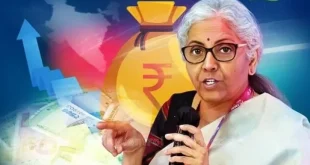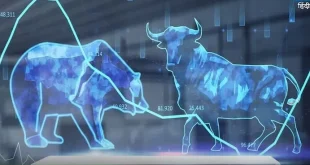
Chandigarh: Famous ghazal singer Pankaj Udhas is no longer among us, but the Punjab government has removed the complaint regarding the ghazal sung by him 'Hui Mahingi Bhai Sharaab Ki Hoho Hoho Piya Karo'.
The state government has made foreign imported liquor cheaper in its new excise policy. Now it will be cheaper by about Rs 100 to Rs 200 per bottle.
The Punjab Cabinet has approved the new excise policy under which foreign imported liquor will become cheaper but at the same time there has been no increase in the prices of liquor produced in Punjab. It is consumed the most in Punjab.
It is noteworthy that in whatever excise policy of Punjab has been made before this, due to the cost of liquor, there have been complaints of smuggling in large quantities from Haryana and Chandigarh. In areas adjacent to these two states, contracts were either not auctioned or were at a loss. Now making liquor cheaper has backfired. Due to this policy, the income of Punjab has increased significantly.
New excise policy will increase income by Rs 622 crore
The income which was stuck at just Rs 6200 crore during the previous government, has touched the figure of Rs 10,000 crore in just two years. Finance Minister Harpal Cheema said that the new excise policy will increase revenue by Rs 622 crore compared to last year. Harpal Cheema also said that there has not been much change in the policy.
The Punjab government had presented a challenge to the Haryana and Chandigarh administration only last year. The liquor quota was made unlimited, due to which the price of Indian Made Foreign Liquor (IMFL) and country liquor became cheaper than in Chandigarh and Haryana. Apart from this, the quota of country liquor has also been increased by three percent.
By changing the policy, the government has decided to allot shops on the basis of draw instead of tender process. Harpal Cheema said that this will provide opportunity to more people to enter the business and increase price competitiveness.
 look news india
look news india

